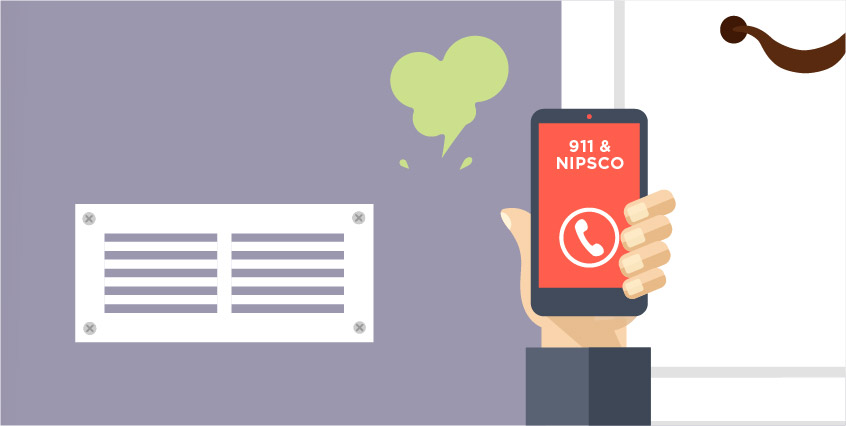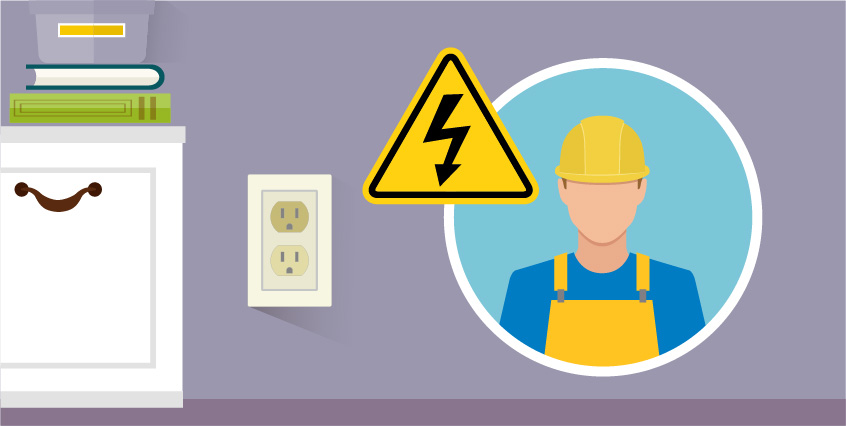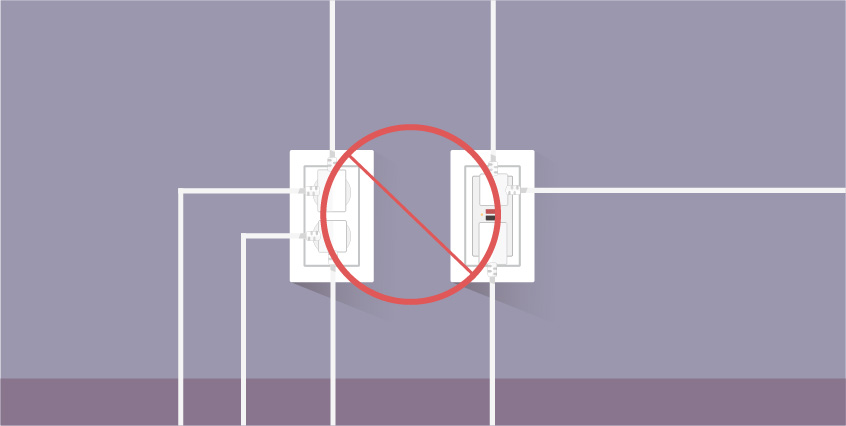Explore your home
Knowing your home is the first step to keeping it safe. Learn more about the safety risks in each area of your home – and how to reduce them.
Office
Get down to work on the safety of your home office. With many of us working from home for the first time, follow these few simple tips to keep your home office safe.


Smell gas? Stop. Leave. Call.
If you smell a rotten egg or sulfur-like odor, you could have a gas leak. STOP what you're doing, LEAVE the area immediately and CALL 911 and us. We'll send someone to check on the source of the odor at no cost to you, whether there is a leak or not.

Be alert for carbon monoxide
Regularly test your carbon monoxide detectors and replace the batteries and/or detectors as needed. Ensure your home has properly installed CO detectors on every level of your property and in every room where someone sleeps.

Extension cords safety
Check extension cords for damage prior to use. Extension cords are not intended for long-term use. Have a qualified electrician add more outlets if you need them.

Keep your space safe
Portable heaters should not be operated close to drapes, and to prevent tipping, they should always be placed on a non-flammable stable surface.

Hire a qualified professional
Call a qualified electrician or your landlord if you have:
- Warm or discolored wall outlets
- A burning smell from an appliance
- Flickering lights
- Frequent problems with circuit breakers or blowing fuses

Don't overload
Replace or repair damaged electrical cords to keep your home safe. Do not overload electrical cords or outlets. Have a qualified electrician add more outlets if you need them.

Put safety first
Use GFCI outlets to reduce the risk of potential shock. GFCIs should be installed in all areas where water source is present. Test GFCIs once a month or per the manufacturer’s recommendation.
